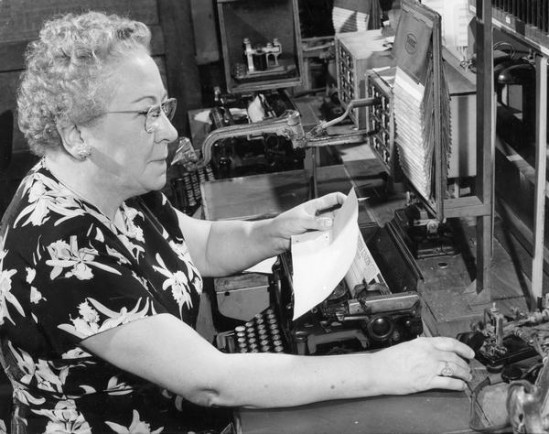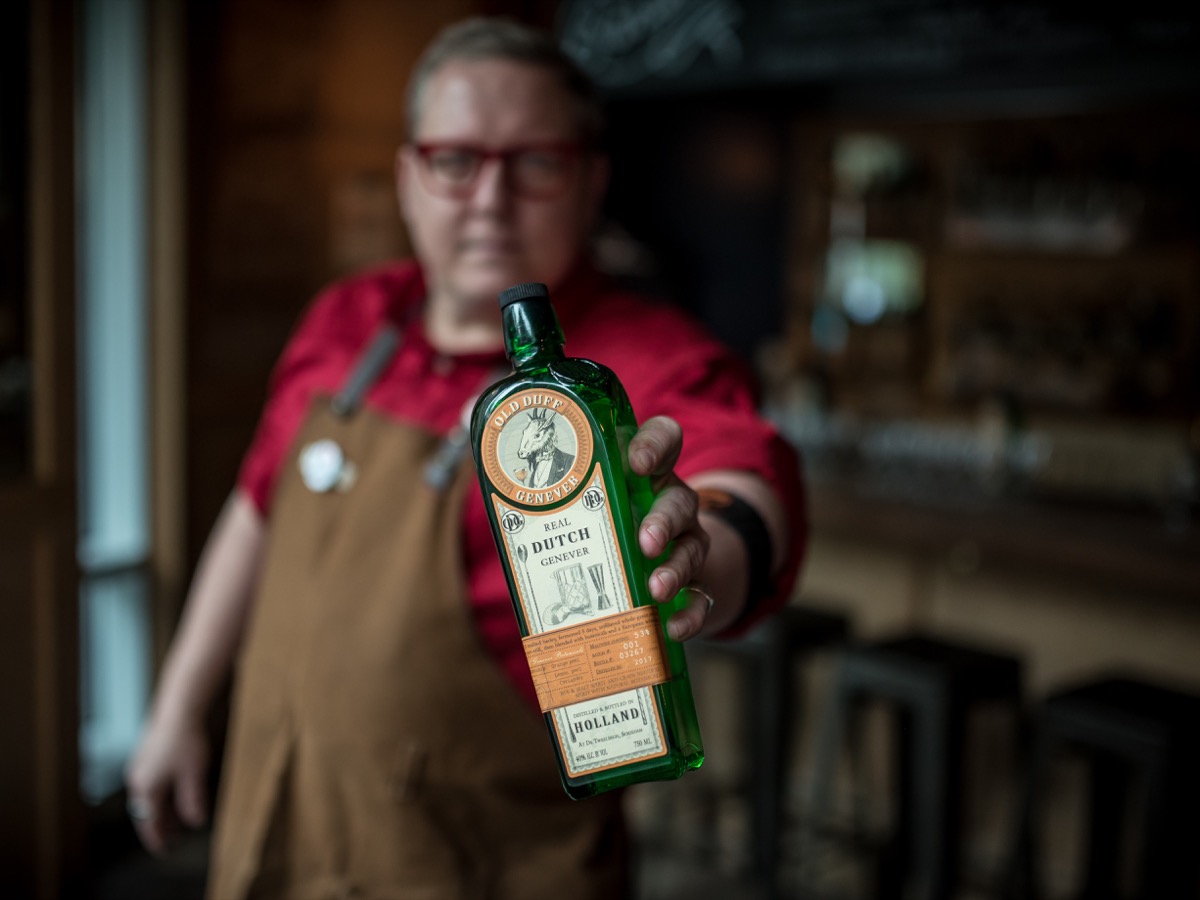The evolving world of online restaurant reservations
By
Sharon Harris-Zlotnick

As advancing technology replaces traditional telecommunications with online connectivity, phone reservations may become passé in the future. Can you imagine that something as common as calling for restaurant reservations could soon be “so “yesterday”?
Today online reservations technology opportunities abound. The future of reservations is being studied by Professor Sheryl Kimes of Cornell University and Katherine Kies who conducted an online research study of 472 consumers in 2011 titled The Role of Multi-Restaurant Reservation Sites in Restaurant Distribution Management. The survey should help restaurateurs evaluate the value of an online system.
Their research revealed that among U.S. adults, 55 percent had used an online service, up 24 percent from 2010; 95 percent reserved by phone, 48.5 percent utilized a restaurant’s individual website, 30 percent reserved through a multi-restaurant site, with another 16.5 percent using that site’s mobile app. The dining public has not yet completely embraced Internet reservations, but the numbers are growing.
Online reservations are typically free to dining customers; restaurants usually pay a flat monthly fee and possibly a per-diner charge. Savvy operators should do the math before contracting a service. Most offer similar software capabilities, so pricing, service and network could make the difference.
In the U.S., www.OpenTable.com currently dominates, but several alternative systems have launched their own programs. Established in San Francisco in 1998, OpenTable’s purpose was to expedite reservations using specific times, date, cuisine and pricing criteria. A rewards program allows consumers to accumulate points for future dining discounts after achieving specific point levels.
Listed on the NASDAQ, OpenTable contracts with over 25,000 restaurant locations in most U.S. states, plus Canada, Germany, Japan and Mexico. OpenTable also operates www.toptable.com, the United Kingdom’s leading restaurant reservation site. Totaling more than 280 million diners seated since 1998, OpenTable calculates its average restaurant seats 300 OpenTable guests per month, breaking even after 12 diners.
Its integrated software and hardware solution is installed at the host/hostess stand. An Electronic Reservation Book (ERB) replaces the standard reservation book, internally managing these areas:
Reservations-coordinates reservations, modifications, cancellations and confirmations.
Guests-maintains VIP and repeat guests’ preferences, plus targeted customer marketing.
Table arrangement-helps in seating guests, pre-assigns dining locations and tracks table status.
POS Integration-connects ERB to point of sale systems (MICROS, Aloha and Positouch) for guests’ spending data.
Reports – provides extensive analysis of all data to maximize efficiency.
A major consumer benefit is that online services provide restaurant options and information to diners unfamiliar with a particular neighborhood. When used exclusively for marketing purposes, restaurants may introduce themselves to new customers.
In some markets, online reservations are so prevalent that restaurateurs may soon restrict phone reservations. Restaurant Graffiato owner Mike Isabella (www.graffiatodc.com) estimates online reservations now total 90 percent of his customers, since its central Washington, D.C. location attracts regional guests and tourists.
After originally using OpenTable, Graffiato switched to www.CityEats.com. He says, “Backed by the Food Network, exclusively in D.C., I believe CityEats is the future.
Guests love its computer, smart phone or iPad accessibility. I love the efficient floor management. Using iPads, text messages replace pagers for waiting guests. Saving almost 40 percent each month on system usage puts CityEats out front.”
Alternative systems are proving competitive. U.K. company www.eveve.com opened its American headquarters in Minneapolis, now offering reservations in several states nationwide. More geographically specific systems like www.MouseSavers.com operate at Disney-owned and operated resort locations. www.RestaurantReservations.com is available in 11 states, and www.URESERV.COM serves 150 restaurants in Boston and greater Massachusetts, Providence, Philadelphia and Atlanta.
Online reservations will further evolve in the future. Many sites offer mobile websites and smart phone apps. Over the next several years, as diners have multiple reservations sites to choose from, using multiple connection technologies, the phone calls of yesterday will seem so far away.

